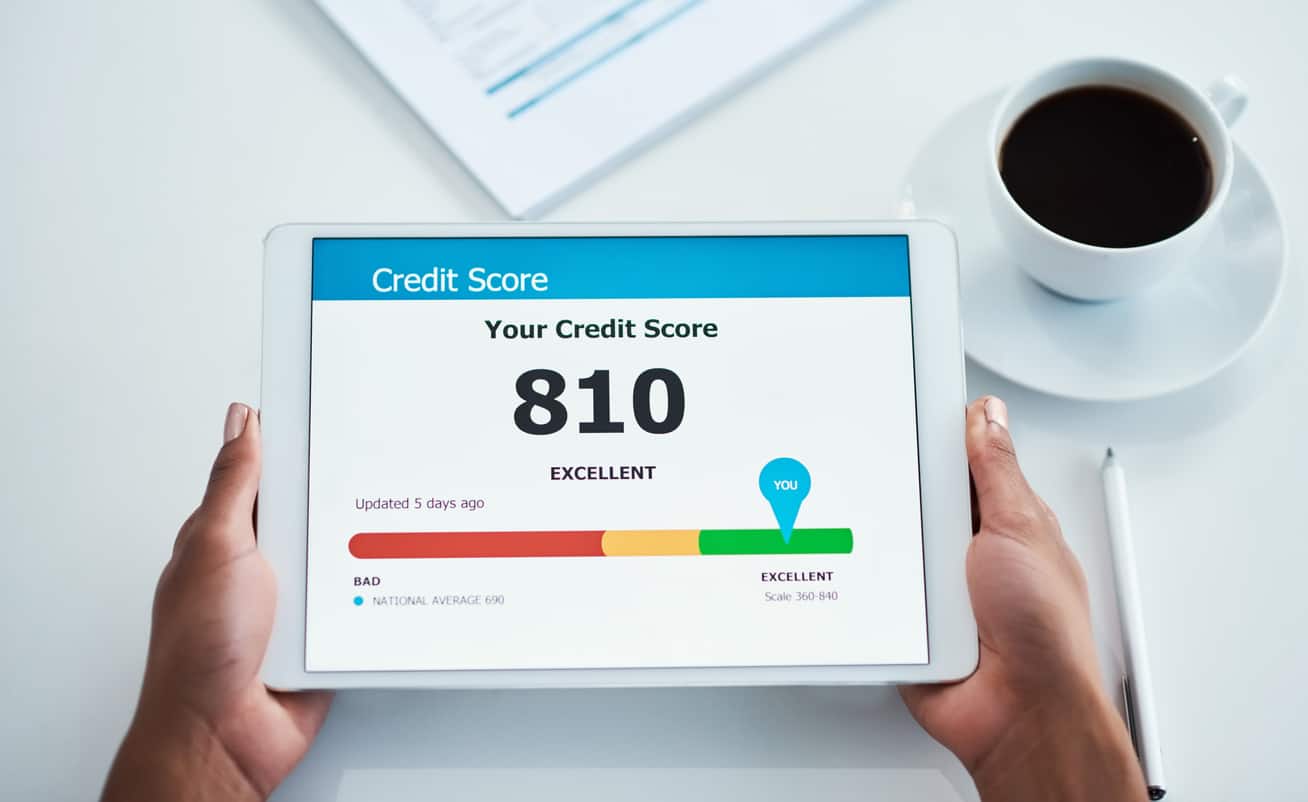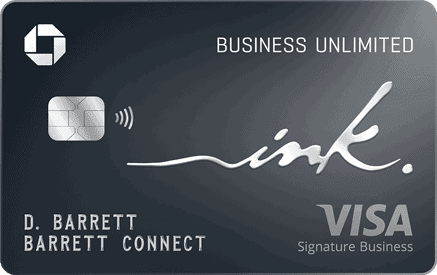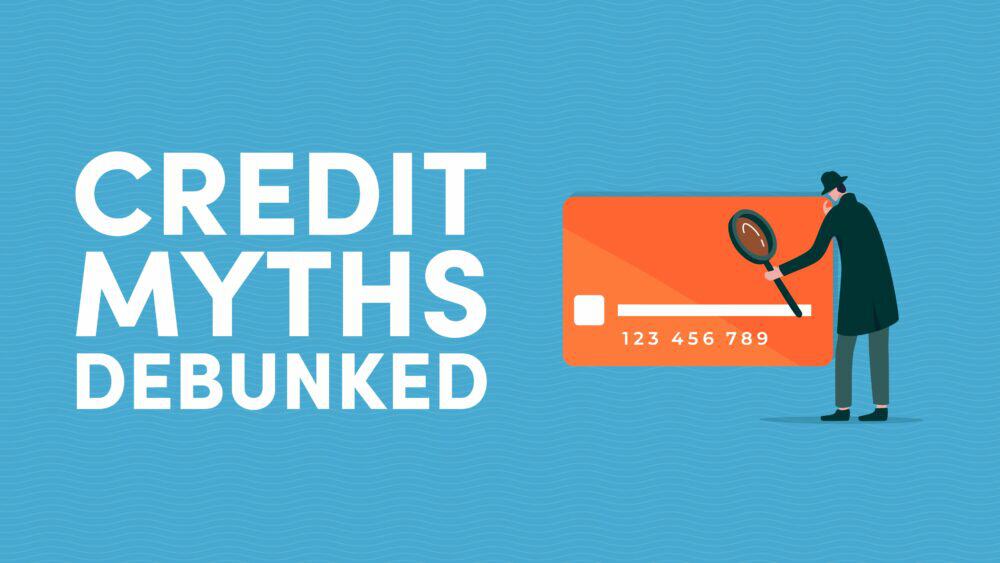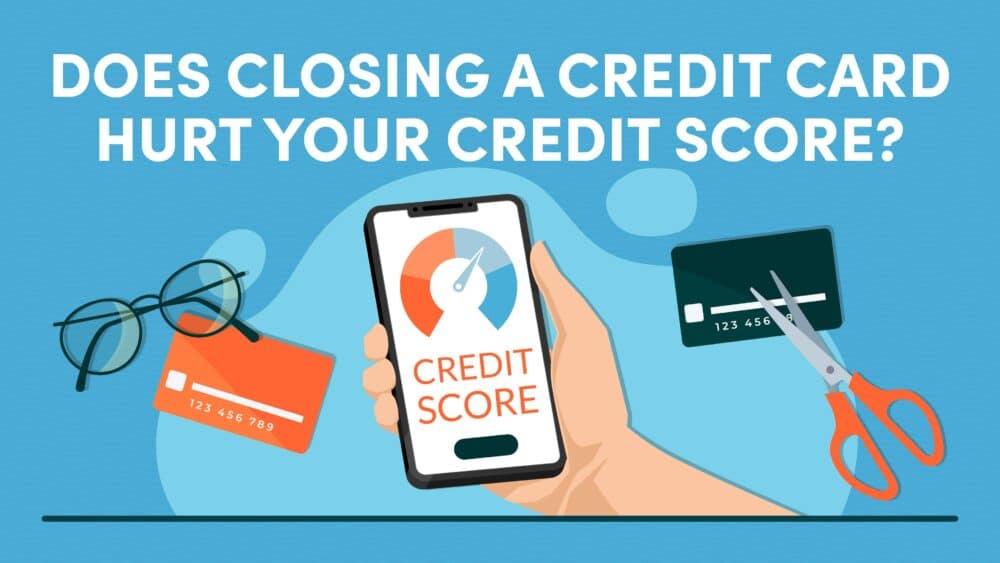
10xTravel is part of an affiliate sales network and receives compensation for sending traffic to partner sites, such as CreditCards.com. This compensation may impact how and where links appear on this site. This site does not include all financial companies or all available financial offers. Terms apply to American Express benefits and offers. Enrollment may be required for select American Express benefits and offers. Visit americanexpress.com to learn more.
Note: Some of the offers mentioned below may have changed or may no longer be available. The content on this page is accurate as of the posting date; however, some of our partner offers may have expired. You can view current offers here.
Are you sick of trying to figure out what your real credit score is? In a landscape plagued with misinformation, understanding your true creditworthiness is the bare minimum. Knowing your credit score enables you to identify areas of improvement and make elaborate plans to change your financial situation for the better.
Building a good credit profile is important for maximizing your financial benefits. A good credit profile opens the door to better mortgage rates when buying your next family home and the ability to secure a low-cost monthly auto loan repayment plan.
However, the reality is that many companies provide wildly inaccurate scores. By relying on these scores, you risk incorrectly evaluating your true creditworthiness.
Examples of such companies include:
- Credit Karma
- Credit Sesame
- Credit score offered by your bank’s credit cards
What they do is they estimate your score based on your entire data.
Imagine visiting a physician with a headache complaint, and your doctor looks at you and writes you a prescription for painkillers without performing a thorough examination. While it may relieve your headache, you may not know the root problem.
This is what most credit-scoring companies do. They give a general overview without going into details. However, using tools like Experian Boost will give you the actual score. They go into detail about your scoring factors, including:
- Payment history
- Amount owed
If you’re tired of inaccuracies, we’ll help you find your real credit score and keep that number healthy. Let’s get started.

Understanding Credit Score: A Simplified Overview
If you’re new to credit, let’s take a look at credit scores, how they’re calculated and how to improve yours.
What Is a Credit Score?
A credit score is a three-digit number that represents the likelihood of your paying back a loan on time. It determines whether you will be approved for a loan, what credit line you’ll have access to and the rates you will likely incur.
Virtually almost everyone in the United States has a credit score. Although there are several scoring models, one of the most common models is the FICO® Score. And so, when people talk about credit scores, they often refer to the FICO score.
Most scoring models adopt a range of 300 to 850, with a score above 700 considered good, while a score above 800 is considered excellent. If you want to enjoy financial benefits, such as favorable loans and better mortgage rates, consider keeping your score above 700.
However, don’t obsess over hitting 850 scores because chances are you won’t get that score. According to Experian data, the average FICO score for consumers in the United States was 714 in 2022, similar to the year before. The data further suggested that despite the economic turmoil, they continued to manage their credit cards.
How Is Credit Score Calculated?
Five factors are used to calculate your credit score. Experian considers the following factors:
- Payment history – 35%
- The amount owed – 30%
- Credit history – 15%
- Credit mix – 10%
- New credit – 10%
Payment history: The payment history accounts for 35% of your credit score. The goal is establishing how often you pay your credit bills on time. These are things like your credit card payments, mortgage payments, student loans, etc. Consistently paying without missing a payment constitutes a good score. This isn’t where you want to mess up because if you have a little slip, your score will tumble.
The amount owed: The amount owed accounts for 30% of your credit score. Ideally, this is the total amount of available credit. For example, let’s imagine your total available credit is $10,000. You don’t want to max it out because this will hurt your credit score. Instead, use a smaller percentage. Generally, the lower the percentage, the better your score. Although, generally, it’s advisable to keep your credit utilization at 30%, try aiming at 10% for a higher score.And why are we emphasizing that maxing out your total amount of available credit is bad for your score? There are a couple of reasons.First, lenders will do a risk assessment, and maxing out your credit will suggest you’re likely to default. As a result, you’ll be viewed as a high-risk consumer leading to a hike in interest rates for your case or being denied credit altogether.Second, lenders prefer consumers with a lower credit utilization ratio. Because it paints a picture of responsible credit management, equally, the opposite is true. Maxing out your available credit will demonstrate irresponsible credit management, resulting in a higher interest rate and risk of credit disapproval in the future.
Credit history: This constitutes 15% of your credit score. How long have you been using credit? The longer, the better.
Credit mix: Different types of accounts you have, such as credit cards, student loans, mortgages, etc. The more the variety, the better your score.
New credit: New credit refers to how many credit cards you have applied for lately. Having older accounts is beneficial to your score.

Ways to Get a Good Credit Score
Never miss a payment: Do you want a good score? Make all your payments on time, even if you make minimum payments. Automate most of your payments to avoid missing them.
Get more credit than you’ll ever need: Although this sounds counterintuitive, having more available credit helps with the debt-to-credit ratio. Having higher credit limits means you’ll never have to worry about the percentage if the amount owed goes up.
Keep your oldest account open: Keeping your oldest account open helps with that part of your credit history, and this factor accounts for 15% of your score. Keep your oldest credit card open even if you rarely use it and pay a Netflix bill with it to keep it active.
Check your credit report for errors and fix them: Minor errors in your credit report can hurt your score. If you find any errors, even as small as a mistyped address, contact the provider to change them. Make sure all the information is accurate and up to date to avoid any harm to your score.

How to Check Your Experian Credit Score
How to check your credit score is surrounded by misinformation and inaccuracy, and relying on unreliable sources for checking your credit score can be misleading about your creditworthiness.
So how do you check your real credit score? The best way to find your credit score is by using the Experian Boost tool. Why is that?
It gives you your real credit score and it’s 100% free.
Most third-party scores like Credit Karma, Credit Sesame and credit score offered by your bank’s credit cards are incredibly inaccurate. These credit scores are sometimes jokingly called “FAKO” scores (a wordplay from the FICO score).
They are called FAKO scores because they are third-party guesses on your scores. Generally, they look at your data and try to guess your real score. As such, they’re unreliable, and you can’t rely on them to determine your creditworthiness.
So, if you want to check your credit score for free, sign up for Experian immediately. The tool will show you your score, plus you’ll be able to see the health status of each ingredient that goes into calculating your credit score.
And by ingredients, we mean the five factors that are used to calculate your score.

3 Common Credit Mistakes You Should Avoid By All Means
Using Most or All of Your Credit Limit
Earlier on, we discussed the total available credit and how using a lower percentage is better for your score. That’s exactly what most people don’t understand. They’re afraid of getting more credit because they believe that credit is a bad thing.
And so, if you confine yourself to one or two credit cards, meaning you’ll max out your available credit, you’re hurting your score.
Making Late or Early payments
One sure way to lower your credit score is missing your payment or paying way too early before the month ends when your statement is generated. If you pay your bill too early, your statement won’t show on-time payment, meaning you won’t build any positive credit history.
Not Using Credit: Thinking It’s a Good Strategy for Better Score
Not having credit doesn’t mean you have a good score. This is a common misconception. In fact, it’s the opposite—your score will be terrible. “OK, that’s a claim with nothing to back it up,” you might say. That’s fair enough, so let’s make it practical.
Imagine you’re a lender, and a borrower comes to you for a mortgage, and since the borrower doesn’t use credit, you have nothing to gauge their creditworthiness. You need to determine whether they’re a low or high credit risk.
And since you’re in the business of making money and not losing, you’ll treat the debtor with no credit history as a high-risk consumer. As a result, you will give them a higher interest rate and a shorter mortgage repayment plan.
So, let me ask you again, who’s the loser in this case? The borrower. Now we’re on the same page that not using credit doesn’t equal a good score.

Tips to Keep Your Credit Score Healthy
Keep an Eye Out for Any Fraudulent Activity on Your Report
Review your credit report for any fraudulent activity that suggests you have more amount owed than your actual spending. As mentioned earlier, high credit utilization is bad for your credit score. So, make sure there’s no suspicious spending you don’t know about. Please report it to your lender and get it fixed.
Avoid Defaulted Accounts
This happens when you’ve missed several payments, resulting in a broken-down relationship with your lender. Default on payments can negatively impact your score regardless of the amount owed.

Final Thoughts
By understanding your real credit score and what factors matter when calculating it, you’ll figure out where to improve and keep a healthy score for better financial benefits. However, this is not possible if you use third-party sources to check your score. That’s why we recommend using the Experian Boost tool to check your real credit score.
Lastly, keep your old credit cards open for a chance to increase your score. Avoid early or late payments—they’ll hurt your score. Instead, make on-time payments because they’ll show up on your statements and increase your chances of a higher credit score.
New to the world of points and miles? The Chase Sapphire Preferred® Card is the best card to start with.
With a bonus of 75,000 bonus points after you spend $5,000 on purchases in the first 3 months from account opening. , 5x points on travel booked through Chase Travel℠ and 3x points on restaurants, streaming services, and online groceries (excluding Target, Walmart, and wholesale clubs), this card truly cannot be beat for getting started!
Editors Note: Opinions expressed here are author’s alone, not those of any bank, credit card issuer, hotel, airline, or other entity. This content has not been reviewed, approved or otherwise endorsed by any of the entities included within the post.









